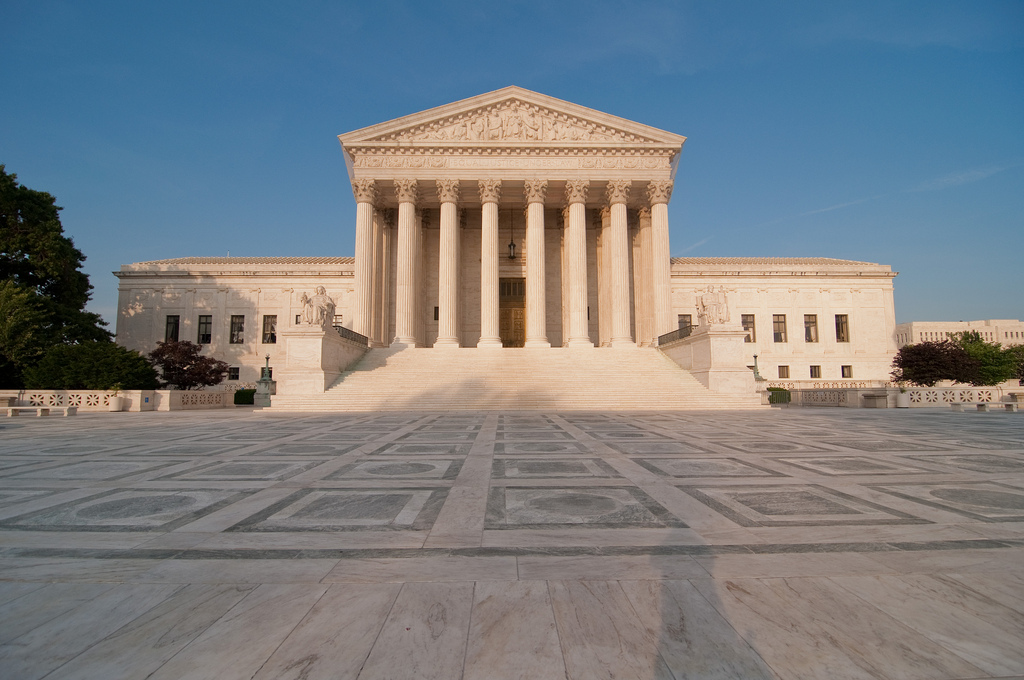BY MATT MCDOLE
Last week’s Congressional hearing on sexual assault allegations against Supreme Court nominee Brett Kavanaugh was a painful moment for many Americans. 20 million watched on television and many more tuned in online – CNN reported this year’s biggest day of live-streaming yet – as Dr. Christine Blasey Ford tearfully recounted being sexually assaulted and Kavanaugh seethed with indignation, claiming his “family and name [had] been totally and permanently destroyed.” Senator Lindsey Graham cinched up his face and bared his teeth, thrusting his finger at Democratic senators and calling the hearing “the most unethical sham since I’ve been in politics.”
As the hearing went on it became obvious that it was not about justice for Dr. Ford or Judge Kavanaugh, or about sexual assault at all. It was about political power. Whether a Senator claimed to believe Dr. Ford depended entirely on whether the ramifications of that belief made his or her party more likely to control the Supreme Court. The prospect of an opposing party dominating the once evenly-divided court has recently thrown both sides into panic. Control of the court has been equated to “determining the outline of social policy for a generation.”
But if we take a step back from the political theater and partisan warfare to look at the big picture, an inherent absurdity emerges: does it make sense that the social future of an entire nation rests on one man’s appointment to a public office?
Compared with other nations, the American Supreme Court’s position in society is unusually powerful. Its enormous power tends not to alarm most Americans, who remember that it helpfully steered society in new directions at key moments. Landmark cases like Brown v. Board of Education (ending legal school segregation), Roe v. Wade (legalizing abortion), and Obergefell v. Hodges (legalizing gay marriage) are rightly regarded as inspiring watersheds.
But the Supreme Court does not always make wise decisions. It backed slavery, Jim Crow, and Japanese internment. More recently, it has upheld corporate political donations (Citizens United v. FEC), de facto school segregation (Milliken v. Bradley), and a travel ban targeting Muslims (Trump v Hawaii).
Many of these decisions are virtually unimpeachable. If the court rules something unconstitutional, it takes a constitutional amendment to override that ruling. And according to experts, the U.S. has the hardest constitution in the world to amend. It has been almost 50 years since a significant amendment has been passed.
In most democracies, major social changes are driven not by the courts, but through laws made in representative bodies like parliaments. For example, the Australian parliament recently legalized gay marriage.
Legislating changes in social policy is better than relying on the courts. For one, lawmakers are elected by the people, rather than appointed, which gives them more democratic legitimacy. They do not serve for life. Parliaments and legislatures are larger and more representative of the population as a whole. In addition, bad laws can be overturned more easily than court decisions about constitutionality.
Why doesn’t the U.S. pursue social change through legislation?
Among modern democracies, the United States has an unusually burdensome system of lawmaking, featuring a high number of “veto gates” – or roadblocks to getting legislation passed. For one, the U.S. has two co-equal legislative bodies, so any bill must pass in both the House and the Senate to become law. Usually, the two houses pass different versions, and a complicated reconciliation process is then required. Secondly, the filibuster in the Senate means that many contentious laws require a supermajority. Third, unlike the parliamentary system, where the prime minister by definition comes from the party with a majority in parliament, the U.S. system does not guarantee that there is a coherent governing party. Often, a sitting president’s party does not have a majority in Congress, a situation Americans call “divided government.”
The U.S. system only works well during times of low political and social polarization – the kind of unusual comity that existed in U.S. politics following WWII. But in the long view of U.S. history, division is typical. Including today—the Brookings institution has reported that 75% of salient national issues are now gridlocked in Congress. This gridlock means that it often falls of the Supreme Court to adjudicate these issues.
The spectacle of the Kavanaugh hearing exposes this fundamental absurdity at the core of the American political system. To fix it, Americans must have the courage to take on the large task of large-scale Constitutional reform. The legislature must be made more representative. This requires an end to voter suppression, gerrymandering, and the electoral college.
Lawmaking must be made easier. The U.S. could make the House of Representatives the primary lawmaking body, like the U.K.’s House of Commons, and reserve only limited powers for the Senate. This could be combined with changes to the electoral system so that a party would need a majority in congress to elect a president, as in many other developed democracies.
This will be hard. But we should remember that the current Constitution is not the nation’s first. Large-scale reform has been achieved before, in another moment of severe political breakdown. Americans should rise to the challenge again.
Matt McDole served two tours in Afghanistan and is an alumnus of the John F. Kennedy School of Government.
Edited by Alyssa Davis
Photo credit: Mark Fischer on Flickr

